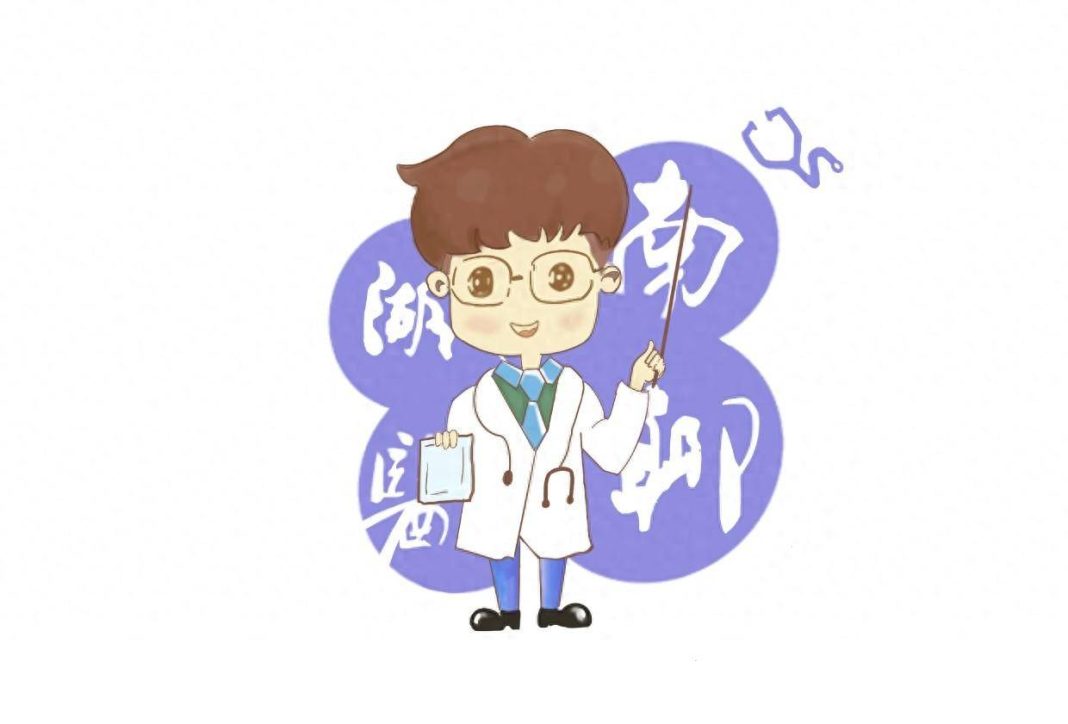Thyroid diseases include thyroid nodules, simple goiter, thyroid malignancies, hyperthyroidism, hypothyroidism, Hashimoto’s thyroiditis, etc.
With the increasing emphasis on health check-ups in recent years, the detection rate of thyroid diseases is getting higher. How should thyroid disease patients eat and what is the scientifically healthy diet? Below, Director Huang Jinsong, an expert from the Thyroid, Hernia, and Vascular Surgery Department of Hunan Provincial People’s Hospital, will popularize the health knowledge of thyroid diseases from the perspective of scientific diet.
Thyroid Nodule Diet Strategy
The formation of thyroid nodules is often related to various factors, including genetic factors, environmental factors, and dietary habits. Among them, dietary habits have a significant impact on thyroid nodules. Therefore, the diet of thyroid nodule patients is of great significance for disease prevention.
1. Protein Supplementation
Protein is very important for the endocrine system. Thyroid nodules can damage the body’s endocrine system, leading to a loss of protein. Therefore, patients should pay attention to protein supplementation, such as meat, eggs, milk, purslane, taro, loofah, etc.
2. Vitamin Supplementation
If a patient’s immune function is low, it is difficult to resist the effects of the disease. Therefore, to promote the recovery of immune function, patients should also pay attention to vitamin supplementation. When adjusting the diet, we should include fresh vegetables and fruits like kiwi, apple, orange, etc.
3. Trace Element Supplementation
Selenium is the second essential trace element for the thyroid, participating in the synthesis, secretion, and metabolism of thyroid hormones. Animal offal, goose eggs, mulberries, seafood, selenium-zinc rice, etc., can be appropriately supplemented with selenium. Zinc can promote iodine metabolism and the production of thyroid hormones. Therefore, foods rich in zinc, such as oysters, eggs, fish, selenium-zinc rice, whole grains, etc., can be added to the daily diet.
Thyroid Nodule Diet Taboos
1. Eat Fewer Cruciferous Vegetables
Cruciferous vegetables include cauliflower, sprouts, cabbage, kale, etc. These vegetables are nutritious foods, especially rich in vitamin C and fiber. However, these vegetables contain substances like thiocyanates that may affect the absorption and utilization of iodine by the thyroid, leading to thyroid dysfunction or nodular enlargement.
2. Control the Intake of Soy Products
To protect thyroid health, the intake of soy products should be strictly controlled in the diet. Tofu, soybeans, soy milk, etc., belong to the category of soy products. Although these foods are beneficial to certain organs and systems of the body, they can also have negative effects on the thyroid. These foods contain substances called “isoflavones,” which can be converted into “soy isoflavones” in the body. This compound is considered a plant-based estrogen. When soy products are consumed, these isoflavones can prevent the thyroid from absorbing the necessary iodine, leading to lower thyroid hormone levels.
3. Avoid Smoking or Drinking Alcohol
Alcohol, the main component of alcohol, can make a person drowsy, confused, and paralyzed. Moreover, alcohol is a stimulant. Drinking alcohol for thyroid nodule patients can directly stimulate the nodules, leading to an increase in nodules, aggravating the condition, and even causing other complications such as inflammation. Smoking decreases individual resistance to disease, indirectly affecting thyroid nodules adversely.
4. Avoid Spicy Foods and Beverages
Such as onions, peppers, chili, cinnamon, as well as strong tea, alcoholic beverages, coffee, etc.
5. Avoid Greasy and Fried Foods
Thyroid patients should try to reduce the consumption of fats and fried foods, such as braised pork, elbows, pig head meat, etc. These foods are not suitable for patients with thyroid nodules, as they can increase anti-thyroid antibodies in the body, further exacerbating thyroid disease symptoms. Therefore, food choices should also lean towards light foods.
Hunan Medical Chat Featured Author: Hunan Provincial People’s Hospital, Thyroid, Hernia, and Vascular Surgery Department, Su Kuang
Follow @Hunan Medical Chat for more health popular science information!
(YH Editor)


